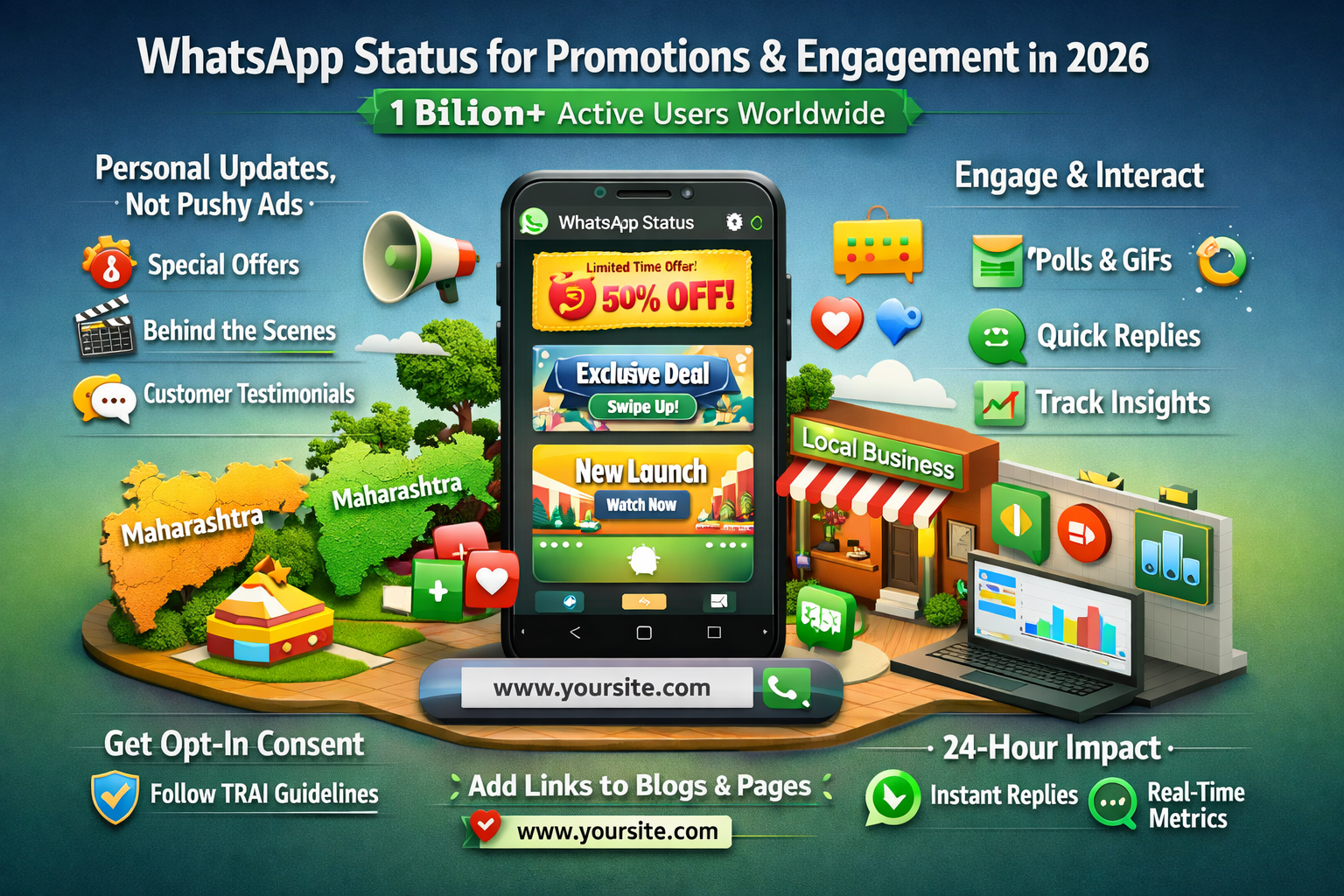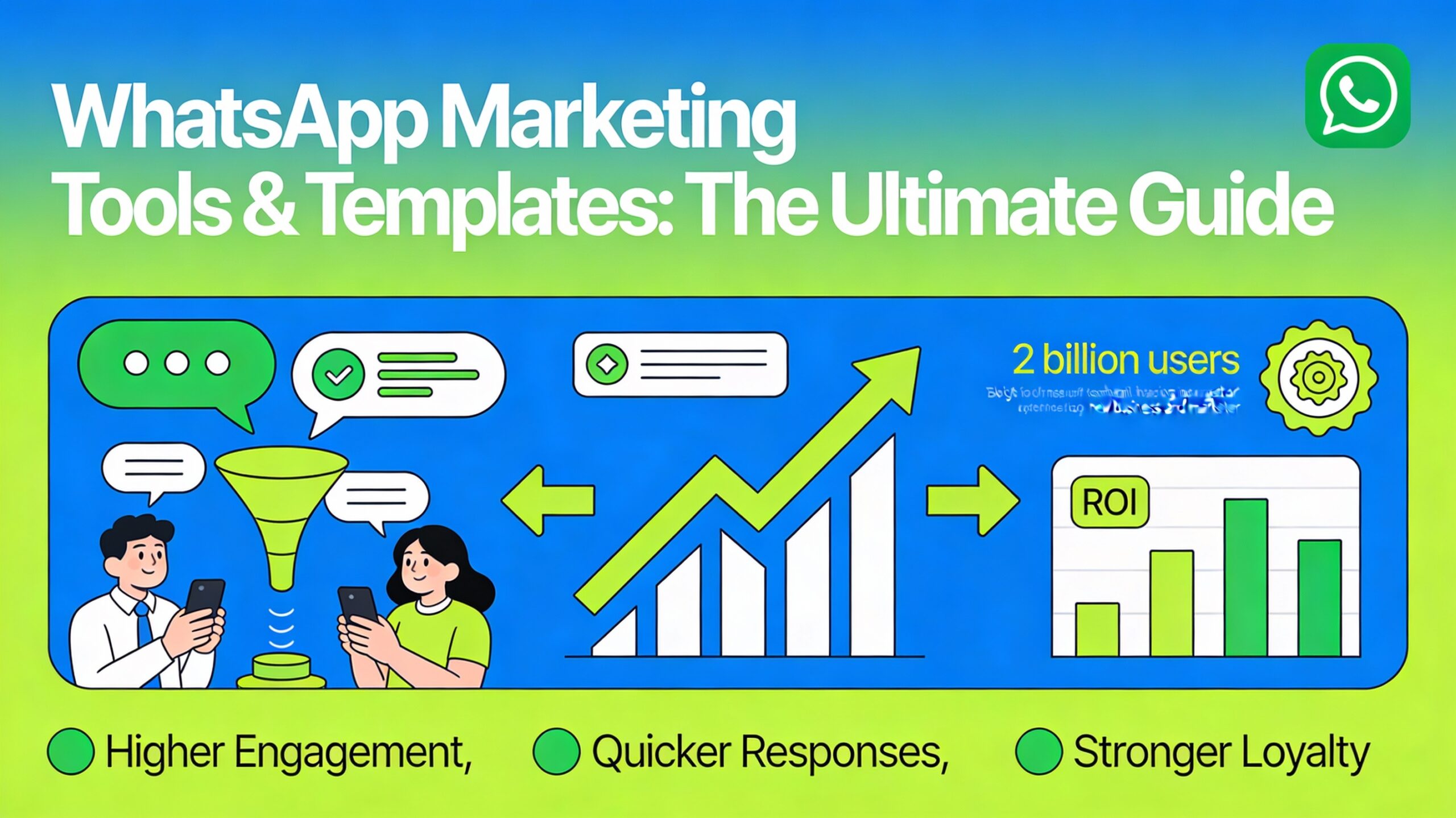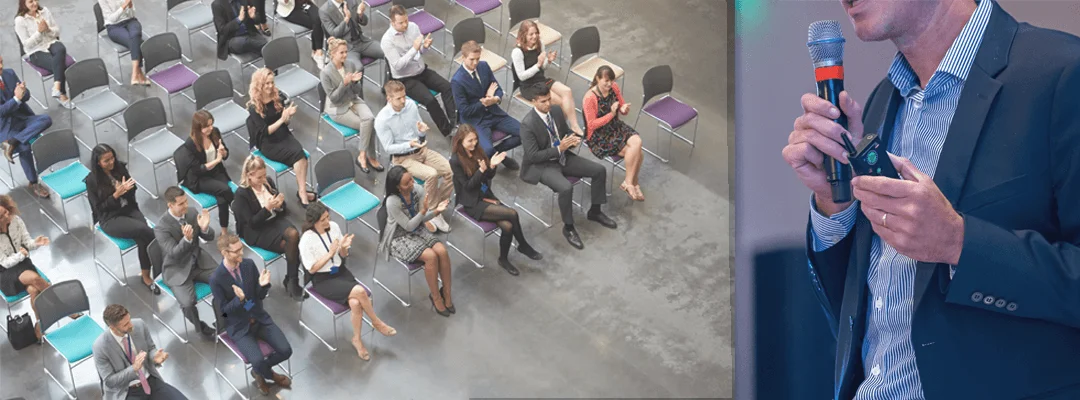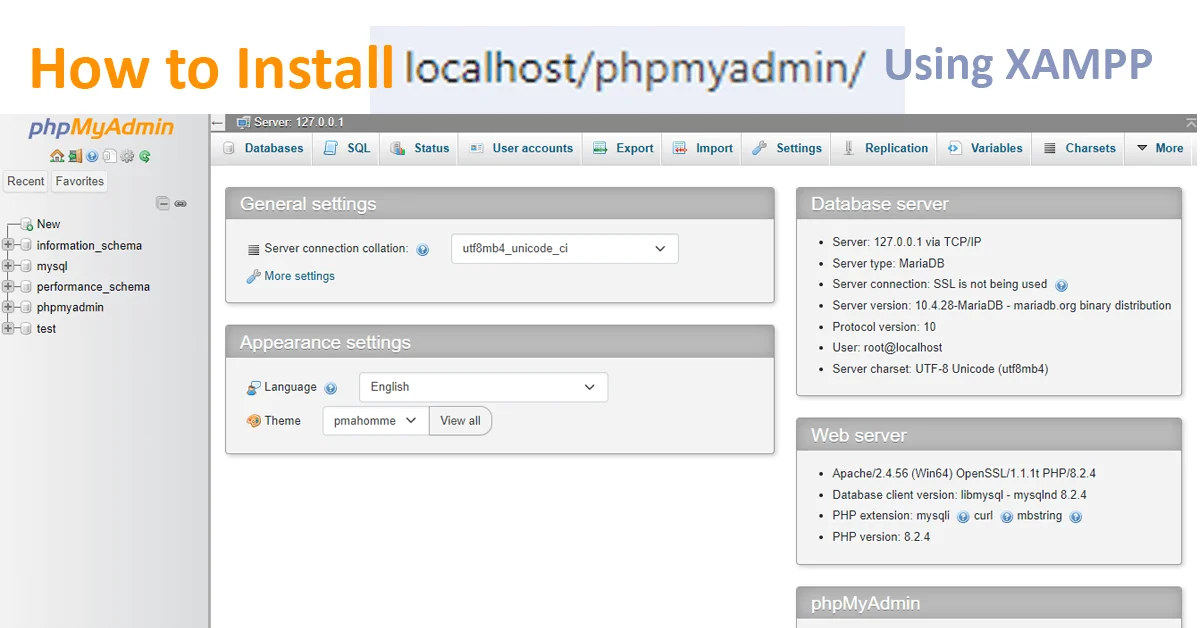For decades, office cubicles have symbolized the structure and routine of traditional paintings environments. Initially added as enclosed spaces designed to offer privateness and attention, cubicles have undergone a dramatic transformation. The upward push of faraway paintings, advancements in technology, and shifting employee expectations have all contributed to a brand new era of workspace design. Today’s workplace booths strike a sensitive balance between solitude and collaboration—reshaping how we reflect onconsideration on productivity and worker well-being.
The Transformation of Office Cubicles
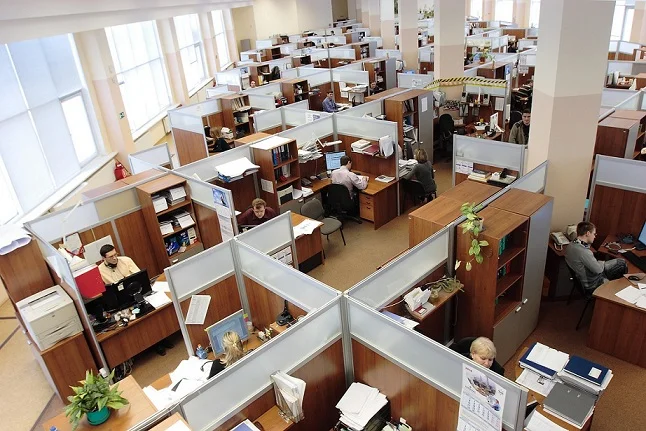
Office cubicle have long been a defining function of place of job environments, in the beginning designed to provide personnel with privateness and shape. In their early forms, booths have been enclosed workstations that prioritized person attention, protecting people from distractions whilst retaining a sense of agency. Over time, the nature of work has advanced, and so too have cubicle designs. The shift toward extra bendy and collaborative paintings settings has pushed a dramatic transformation, turning booths from remoted pods into dynamic areas that foster teamwork, creativity, and flexibility.
The Rise of Privacy Pods
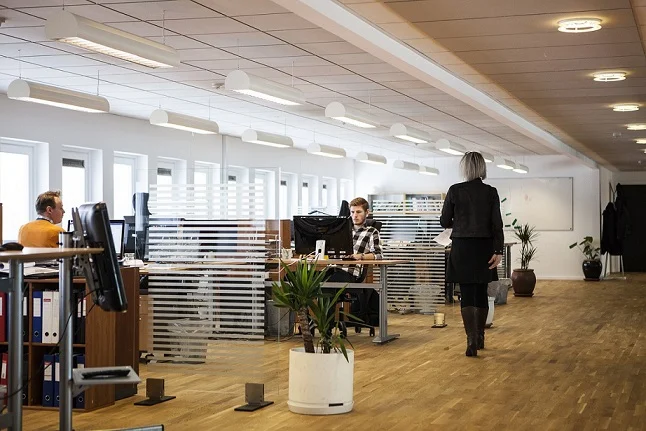
The earliest iterations of office cubicles were commonly centered on man or woman productivity. Introduced inside the mid-twentieth century as an opportunity to open desks, booths supplied employees with a described workspace free from immoderate interactions. These designs emphasized partitions that created a experience of solitude, permitting people to pay attention on their responsibilities with minimum interruptions. While privacy remained a key benefit, the enclosed nature of those workstations occasionally caused a disconnect between colleagues, reinforcing a tradition of isolation within workplace settings.
The Shift Toward Open Workspaces
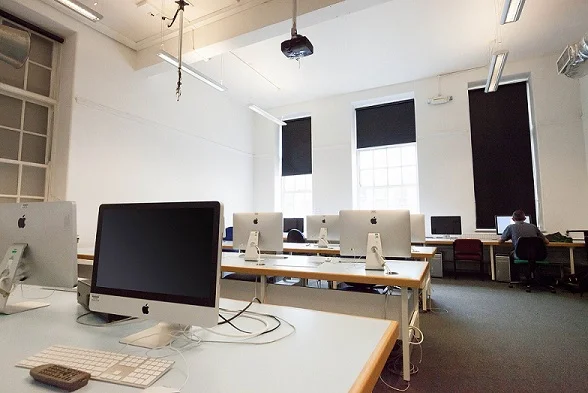
As groups more and more valued collaboration and verbal exchange, open-plan workspaces won reputation. Organizations sought to interrupt down bodily obstacles in choose of fluid interaction, resulting inside the good sized adoption of open workplaces. These layouts endorsed teamwork by doing away with cubicle partitions and allowing employees to engage freely. However, this transition was no longer with out its drawbacks—whilst open workplaces promoted accessibility, they frequently compromised awareness due to noise levels and steady motion. Employees struggled with distractions, prompting a reconsideration of based workstations.
Modern Cubicle Designs Balancing Privacy and Collaboration
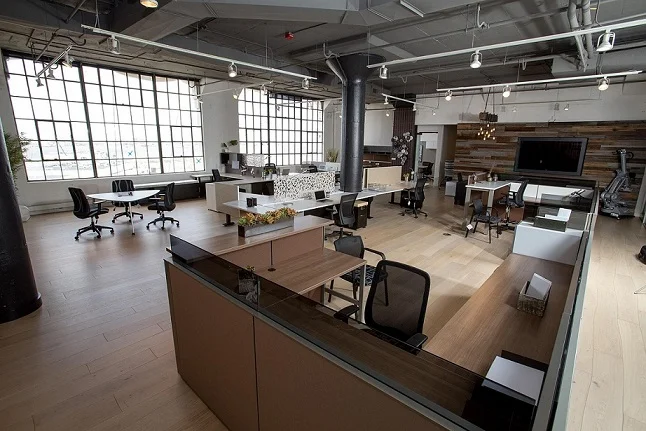
Contemporary workplace booths have advanced to incorporate the pleasant of each worlds—preserving privacy whilst encouraging connectivity. Today’s designs feature semi-open workstations that permit personnel to engage when wanted while keeping personal awareness. Modular booths with adjustable partitions permit offices to shift layouts based totally on various team dynamics. Transparent dividers, soundproof substances, and flexible seating arrangements aid a balanced method, ensuring employees have the autonomy to pick out their favored paintings setting at any given time.
Technological Advancements in Cubicle Design
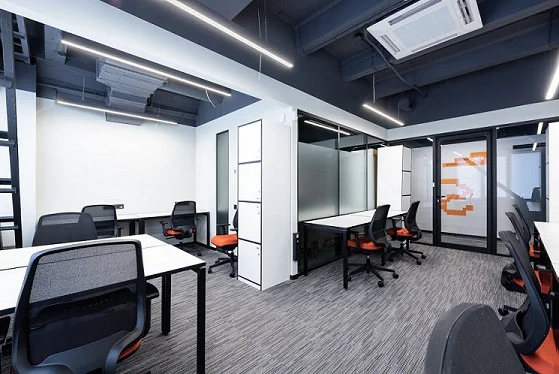
Technology has performed a vast position in redefining cubicle capability. Workstations now integrate smart answers consisting of wi-fi charging stations, automatic lighting controls, and digital collaboration gear. Employees can seamlessly transition among remote and in-workplace paintings with video conferencing setups designed for private and team-based totally conversation. Interactive shows and soundproof pods enhance hybrid work abilities, permitting employees to stay related without compromising their capability to recognition. These improvements contribute to the ongoing evolution of workplace cubicle spaces.
Employee Well-Being and Ergonomic Enhancements
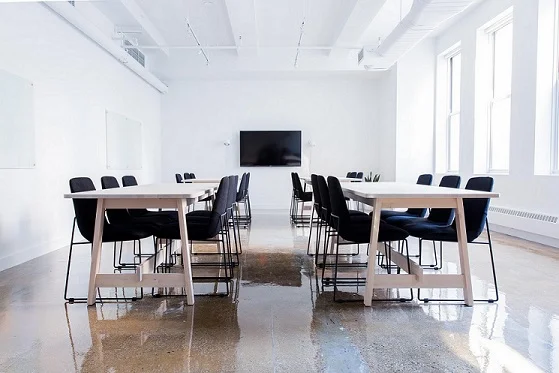
The present day approach to office cubicle design is targeted around worker properly-being. Businesses are prioritizing ergonomics, ensuring that workstations guide right posture and comfort. Adjustable sit down-stand desks, lumbar-guide chairs, and customized lights settings create environments that enhance productiveness while reducing strain. Incorporating biophilic factors along with greenery, herbal mild, and sustainable substances further improves place of job ambiance, promoting intellectual readability and relaxation. These considerate design alternatives make contributions to a more engaged and stimulated body of workers.
The Role of Collaborative Workstations
Cubicle areas are not constrained to solo productivity. Many agencies now integrate shared workstations that encourage dynamic interaction. Movable partitions allow teams to alter their workspace primarily based on mission necessities, facilitating brainstorming classes and institution discussions without disrupting the workplace drift. Meeting pods, semi-private booths, and community desks create possibilities for seamless collaboration while retaining flexibility. The ability to shift between character consciousness and teamwork reflects the evolving nature of workplace cubicle layouts.
Sustainability and Eco-Friendly Office Designs
As companies pass in the direction of greater sustainable practices, cubicle designs are adapting to fulfill environmental considerations. Businesses are making an investment in recycled materials, strength-green lighting, and modular fixtures that minimizes waste. Office areas are being redesigned with eco-conscious functions, ensuring long-time period sustainability while lowering the carbon footprint. By integrating environmentally friendly solutions into workspace planning, corporations align with worldwide sustainability efforts whilst preserving purposeful and visually attractive workstations.
Integration of AI and Smart Office Systems
Modern cubicles are more and more included with AI-powered structures that customise the paintings environment. Features including weather manipulate, clever lighting, and digital assistants that study person options are becoming trendy. AI gear also assist display occupancy and optimize space utilization in real time, contributing to both comfort and efficiency.
Accommodating Hybrid and Remote Work Models
Post-pandemic work models demand bendy cubicle designs that accommodate employees who split time among domestic and the workplace. Modern booths now encompass hot-desking options, lockers for personal storage, and plug-and-play setups that allow personnel to quickly settle in, irrespective of in which they generally work.
Acoustic Engineering for Noise Control
With the extended call for for targeted paintings in open and semi-open spaces, acoustic solutions have grow to be vital. Innovations like acoustic ceiling tiles, sound-dampening panels, and noise-canceling materials interior cubicle partitions assist decrease distractions and beautify interest in busy environments.
Inclusivity and Universal Design
Workstation design is evolving to meet the desires of a numerous workforce. Height-adjustable desks, reachable layouts, and sensory-friendly zones cater to personnel with bodily disabilities, neurodivergence, and ranging paintings options—making sure the workplace is inclusive and supportive for all.
Design for Brand Identity and Culture
Modern cubicles regularly replicate a company’s brand and values. Color schemes, materials, and inventive factors in workstations at the moment are used to explicit company tradition and identification. This personalization allows foster a sense of belonging and strengthens worker engagement.
Wellness-Focused Zones Within Cubicle Layouts
Workspaces now include precise well being zones adjacent to cubicles—including quiet rooms, meditation pods, and rest corners. These provide personnel with spaces to decompress, improving mental fitness and usual productivity.
Data-Driven Workspace Optimization
Companies are using facts analytics to continuously refine cubicle layouts. Sensors and place of work analytics software track how areas are used, permitting managers to redecorate layouts for max utilization, comfort, and performance.
Neurodiversity-Centered Cubicle Design
Modern places of work are getting more privy to neurodiverse needs, prompting cubicle designs that lessen sensory overload and guide diverse cognitive styles. Features include calming shade palettes, noise-buffering materials, and individualized lighting fixtures controls. These thoughtful adjustments promote inclusion and better assist focus and well-being for employees with ADHD, autism, or sensory sensitivities.
Touchless and Hygienic Solutions
Health and hygiene have come to be essential issues in cubicle layout, particularly after the COVID-19 pandemic. Touchless entry systems, antimicrobial surfaces, and air purification systems are being integrated into workstations. These additions enhance employee protection even as preserving comfort and ease of use.
Zoned Work Environments Within Cubicle Areas
Rather than assigning a unmarried characteristic to cubicle zones, many offices now enforce “zoning” techniques—designating areas for recognition, collaboration, and rejuvenation within the identical ground plan. Employees can rotate between zones relying on their obligations, developing a extra herbal go with the flow and higher paintings-lifestyles integration all through workplace hours.
Augmented Reality (AR) for Workspace Customization
Emerging technologies like AR are getting used to help employees visualize and customize their cubicle format. Using a cell app or AR headset, individuals can preview one of a kind configurations, lighting fixtures schemes, or even paintings—making workspace customization extra immersive and green.
Portable and Mobile Workstations
As agility becomes a critical cost in office design, transportable booths with wheels and light-weight materials allow employees to relocate their workstations within the office. This flexibility supports pass-practical collaboration, event setup, and reconfigurable space making plans with minimum disruption.
Personalized Digital Work Hubs
Beyond bodily comfort, booths are now being improved with digital dashboards that centralize obligations, messages, and calendars on a single interface embedded into the pc. These hubs integrate with enterprise structures and private productivity apps, supporting personnel manage their workday more effectively.
Emphasis on Visual Privacy
While many open or semi-open cubicles sell interaction, visible privacy is likewise gaining interest. Designs are incorporating frosted panels, angled table orientations, or partial visual shields that save you screen peeking and offer a extra feel of psychological consolation—specifically in open office contexts.
Workplace Gamification Elements
Some businesses are experimenting with gamification within cubicle zones—adding factors like fulfillment trackers, digital leaderboards, or well being challenges incorporated into the workspace. This trend boosts engagement and encourages tremendous behaviors along with cognizance time, breaks, and collaboration.
The Future of Office Cubicles
The evolution of office cubicles has redefined how workspaces feature, shifting from inflexible enclosures to adaptable, collaborative environments. Organizations understand the significance of designing workstations that guide numerous work patterns, allowing employees to transition seamlessly between unbiased responsibilities and crew interactions. With improvements in generation, ergonomic upgrades, and sustainability considerations shaping the workplace panorama, cubicle areas will hold to adapt, imparting modern answers that meet the demands of cutting-edge paintings culture. For the contemporary insights on workspace innovation, layout tendencies, and business answers, explore corporateofficeint.com—where present day offices meet productiveness.


